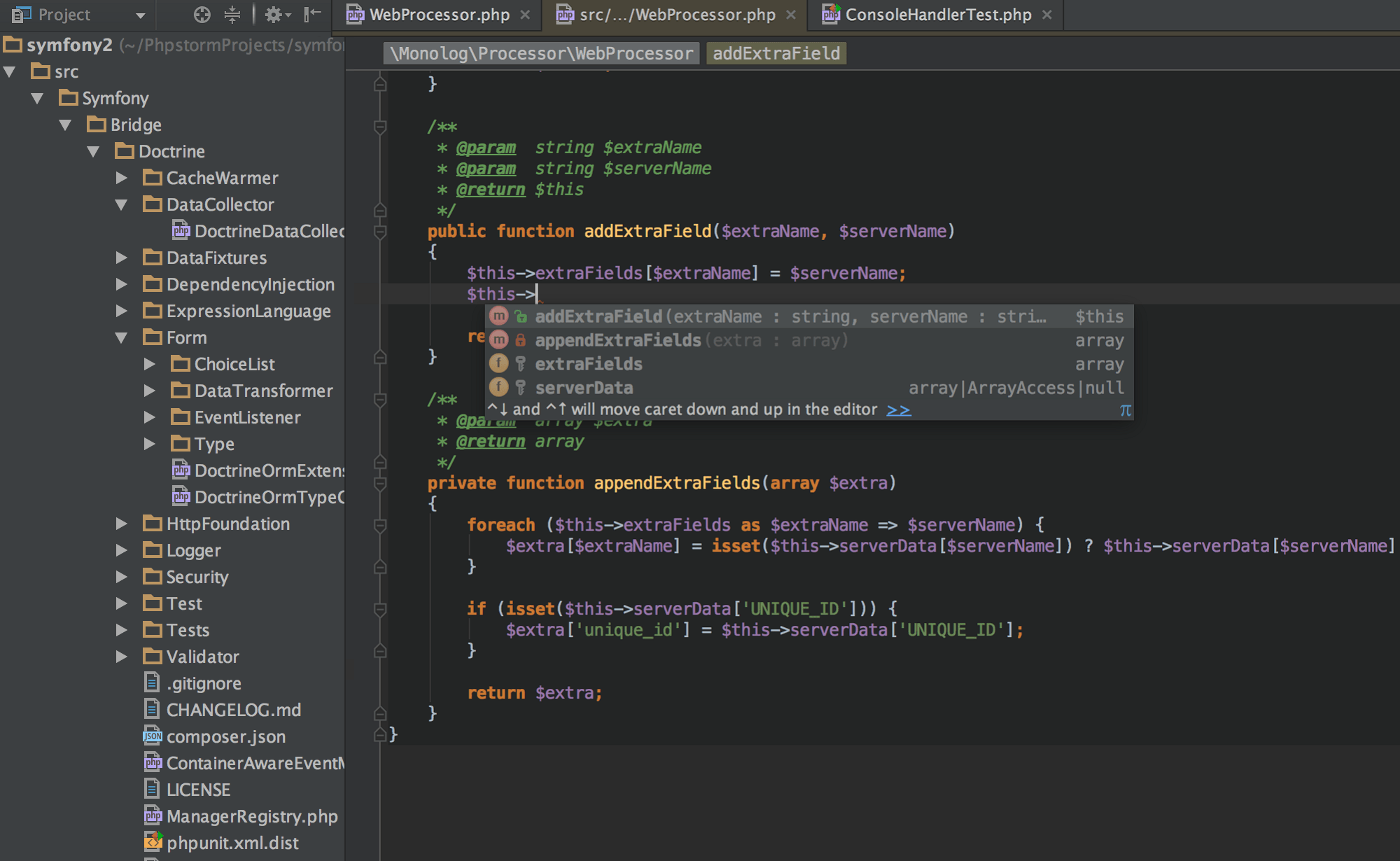How To Set Java Path & JAVAHOME in Windows 10, MacOS & Ubuntu By Dmytro Shvechikov Java Tutorials 0 Comments I’ll explain to you how to set Java path variable on Windows, macOS, and Ubuntu (Linux). Elasticsearch is as a.tar.gz archive for Linux and MacOS. This package contains both free and subscription features. Start a 30-day trial to try out all of the features. The latest stable version of Elasticsearch can be found on the Download Elasticsearch page. Other versions can be found on the. The installation of Java (also known as the Java Runtime Environment or JRE) is a simple process on Windows, Mac, Linux or Solaris. Use these instructions to install Java software on your desktop. It is possible to use apt-get on OS X 10.9 like Deb based Linux using a third party software named Fink - How to Install apt-get on Mac OS X. However, unlike Homebrew and OS X Package Managers, Fink does not use /usr/local/ path to install software.
.zip on Windows »Install Elasticsearch from archive on Linux or MacOSedit
Elasticsearch is as a .tar.gz archive for Linux and MacOS.
This package contains both free and subscription features.Start a 30-day trial to try out all of the features.
The latest stable version of Elasticsearch can be found on theDownload Elasticsearch page.Other versions can be found on thePast Releases page.
Macos Install Java 11
Elasticsearch includes a bundled version of OpenJDKfrom the JDK maintainers (GPLv2+CE). To use your own version of Java,see the JVM version requirements
Macos Install Java Jdk
The Linux archive for Elasticsearch v7.12.0 can be downloaded and installed as follows:
Compares the SHA of the downloaded |
This directory is known as |
The MacOS archive for Elasticsearch v7.12.0 can be downloaded and installed as follows:

Compares the SHA of the downloaded |
This directory is known as |
Some commercial features automatically create indices within Elasticsearch.By default, Elasticsearch is configured to allow automatic index creation, and noadditional steps are required. However, if you have disabled automatic indexcreation in Elasticsearch, you must configureaction.auto_create_index in elasticsearch.yml to allowthe commercial features to create the following indices:
If you are using Logstashor Beats then you will most likelyrequire additional index names in your action.auto_create_index setting, andthe exact value will depend on your local configuration. If you are unsure ofthe correct value for your environment, you may consider setting the value to * which will allow automatic creation of all indices.
Elasticsearch can be started from the command line as follows:
If you have password-protected the Elasticsearch keystore, you will be promptedto enter the keystore’s password. See Secure settings for moredetails.
By default, Elasticsearch runs in the foreground, prints its logs to thestandard output (stdout), and can be stopped by pressing Ctrl-C.
All scripts packaged with Elasticsearch require a version of Bashthat supports arrays and assume that Bash is available at /bin/bash.As such, Bash should be available at this path either directly or via asymbolic link.
You can test that your Elasticsearch node is running by sending an HTTPrequest to port 9200 on localhost:
which should give you a response something like this:

Log printing to stdout can be disabled using the -q or --quietoption on the command line.
To run Elasticsearch as a daemon, specify -d on the command line, and recordthe process ID in a file using the -p option:

If you have password-protected the Elasticsearch keystore, you will be promptedto enter the keystore’s password. See Secure settings for moredetails.
Log messages can be found in the $ES_HOME/logs/ directory.
Macos Install Java 8 Brew
To shut down Elasticsearch, kill the process ID recorded in the pid file:
The Elasticsearch .tar.gz package does not include the systemd module. Tomanage Elasticsearch as a service, use the Debian or RPMpackage instead.
Elasticsearch loads its configuration from the $ES_HOME/config/elasticsearch.ymlfile by default. The format of this config file is explained inConfiguring Elasticsearch.
Macos Install Java 8
Any settings that can be specified in the config file can also be specified onthe command line, using the -E syntax as follows:
Typically, any cluster-wide settings (like cluster.name) should beadded to the elasticsearch.yml config file, while any node-specific settingssuch as node.name could be specified on the command line.
The archive distributions are entirely self-contained. All files anddirectories are, by default, contained within $ES_HOME — the directorycreated when unpacking the archive.
This is very convenient because you don’t have to create any directories tostart using Elasticsearch, and uninstalling Elasticsearch is as easy asremoving the $ES_HOME directory. However, it is advisable to change thedefault locations of the config directory, the data directory, and the logsdirectory so that you do not delete important data later on.
| Type | Description | Default Location | Setting |
|---|---|---|---|
home | Elasticsearch home directory or | Directory created by unpacking the archive | |
bin | Binary scripts including |
| |
conf | Configuration files including |
| |
data | The location of the data files of each index / shard allocated on the node. Can hold multiple locations. |
|
|
logs | Log files location. |
|
|
plugins | Plugin files location. Each plugin will be contained in a subdirectory. |
| |
repo | Shared file system repository locations. Can hold multiple locations. A file system repository can be placed in to any subdirectory of any directory specified here. | Not configured |
|
You now have a test Elasticsearch environment set up. Before you startserious development or go into production with Elasticsearch, you must do some additionalsetup:
Macos Install Java Brew
- Learn how to configure Elasticsearch.
- Configure important Elasticsearch settings.
- Configure important system settings.
Macos Install Javafx
.zip on Windows »Macos Install Java 11
Most Popular
